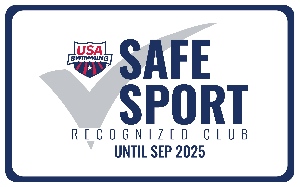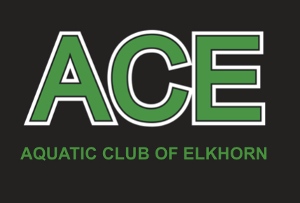Prior to beginning any recruiting process, swimmers need to gain a general idea of the kind of college experience for which they are looking, and establish a way to limit the search based on their interests and preferences.
Some common questions that you should answer are:
- degrees offered
- majors/minors
- location (rural or urban setting)/ distance from home
- size of the student population (from small at 1,000 to large at 35,000+)
- public vs. private
- costs (tuition, room and board, etc.)
- financial assistance packages
- graduation rate/ time
- placement success/ internship opportunities
- class size
- faculty contact/ classes taught by full-time doctorally qualified faculty
- quality/ reputation/ranking
- degree of pressure to excel
- safety (campus, community)
- student body (diversity, gender, etc.)
- social life (Greek organizations, sports, school spirit, etc.)
- religious affiliation/ independent
- housing options (dorms, apartments, living at home)
- realistic entry expectations (based on typical student admitted)
Once you have an idea of the kind of school you wish to attend, the part of the country in which you want to live and the size of the college/community in which you want to live, you can start to think about swimming programs and how you might fit in athletically.
There is often a misconception in the college search process that if you are not recruited or have not been offered a scholarship you must not be very good. That view is completely false. The fact is that most colleges just do not have the finances available to offer every good swimmer an athletic scholarship. Another fact is that most colleges do not find out a student-athlete is interested in their program until that student has made "First Contact."
Many families assume that colleges are going to call them first. The reality is that most collegiate swimming programs do not have the manpower to search for athletes. Most coaches rely on meet results from large meets such as Sectionals or High School State, prospective student questionnaires, and through professional recruiters (not sports agents) whom a student-athletes pay a fee to have them send information to schools about them.
With the scholarship limits that are imposed by the NCAA, most college coaches are going to be looking at a students academic ability. The vast majority of swimming student athletes receive financial aid through academic related scholarships, grants and student loans, not through athletic scholarships.
Swimmers should be prepared to contact those schools in which they have an interest and provide the coach at those schools with a swimming resume. The resume should include all relevant swimming accomplishments (both club and high school), academic accomplishments and standing, and test information.
In addition, your ACE coaches can assist in the recruiting process in whatever way works best for you. ACE coaches can follow up with college coaches after your first contact, help with determining which schools are the best fit for your needs, and any other way you want. Do not hesitate to involve your coaches in your college search process.
Athletic Scholarship:
An athletic scholarship is a one-year contract between you and a Division I or Division II institution. A school can reduce or cancel a scholarship of you become ineligible for competition, fraudulently misrepresent yourself, quit the team or engage in serious misconduct. During the contract year, a coach cannot reduce or cancel your scholarship on the basis of your athletic ability, performance, or injury. An institution may choose to not renew a scholarship at the end of the academic term provided they notify you in writing and provide you an opportunity for a hearing.
Remember a coach cannot offer you a "four year full-ride scholarship." They do not exist. Each student athlete award is reviewed annually. It is important to ask current collegiate swimmers if they are still on scholarship. Parents, it is not uncommon for a college program to offer and renew an athletic scholarship for the first couple years of college and then ask the student to pay full tuition for the remainder of their college career.
National Letter of Intent:
The National Letter of Intent (NLI) is administered by the Collegiate Commissioners Association (not the NCAA).
When you sign the National Letter of Intent you agree to attend the institution with which you signed for one academic year in exchange for the institution awarding financial aid, including athletics aid, for one academic year.
College Recruiting Links:
NCAA Prospective Student Athlete - Eligibility Center
Guide for the College-Bound Student-Athlete
Want to SWIM in College? Here’s 5 Tips to Help YOU with the Recruiting Process!
College Recruiting: What Coaches Want Traits most coaches look for in a swimmer
College Swimming Recruiting: What You Need to Know
General Collegiate Swimming Information
NCAA - National Collegiate Athletic Organization
NAIA - National Association of Intercollegiate Athletics
NJCAA - National Junior College Athletic Association
General College, Scholarship, and Financial Aid Information
College MatchMaker
CollegeApps.com - Get In To The College of Your Choice
National Association for College Admission Counseling
CampusTours - Virtual College Tours
FinAid! - Financial Aid, College Scholarships and Student Loans
FAFSA - Free Application for Federal Student Aid
Savingforcollege.com - Funding College and 529 Plans
ACT, SAT, PSAT National Merit Scholar Testing
College Board - SAT Registration, College Admissions, Scholarships
ACT - Student Site for ACT Test
Achievement Testing Study and Preparation Links
ACT - Student Site for ACT Test





